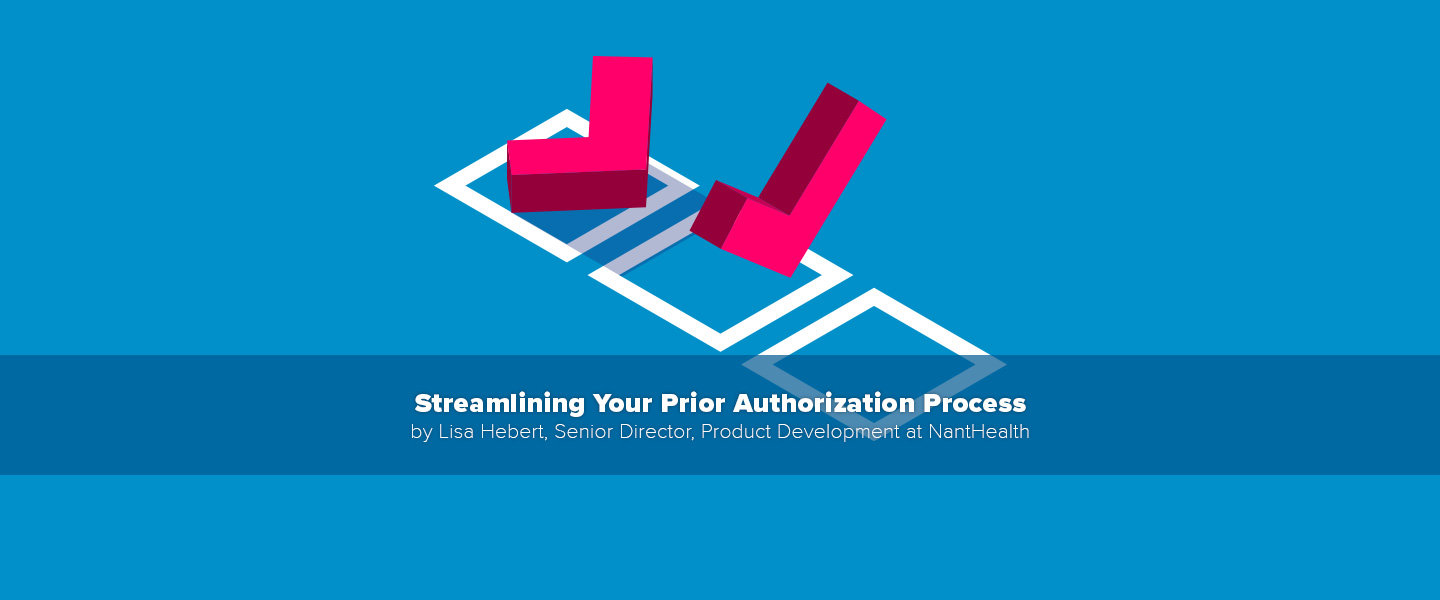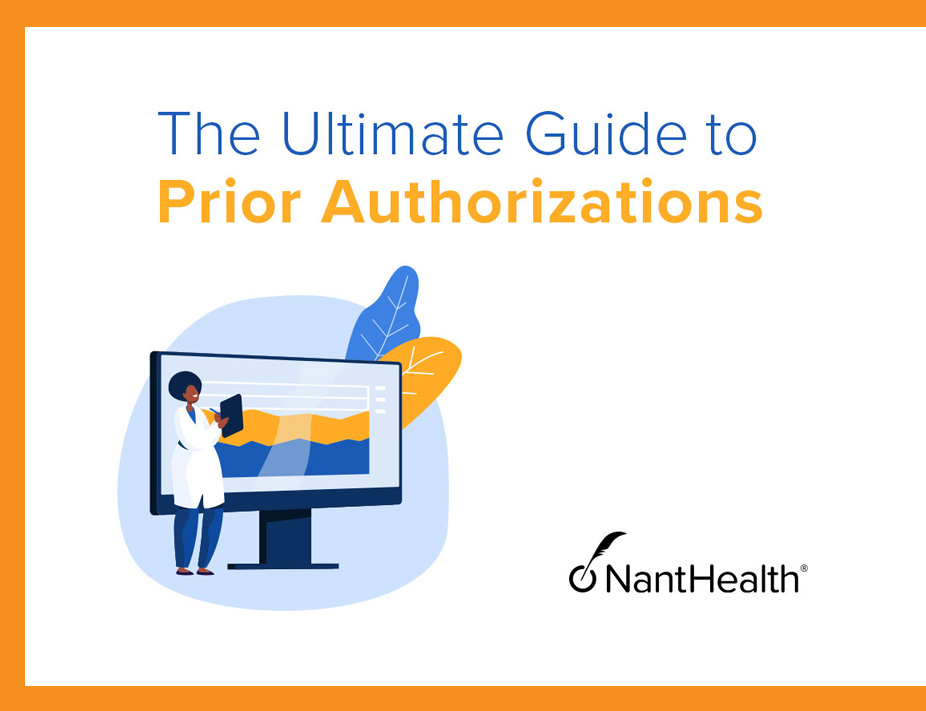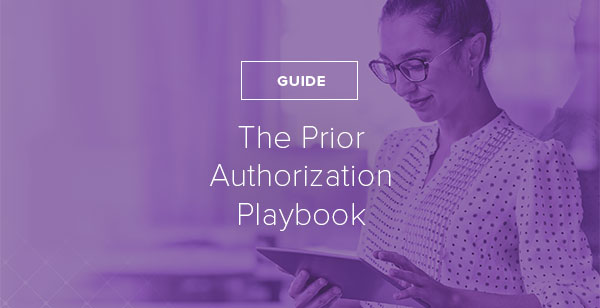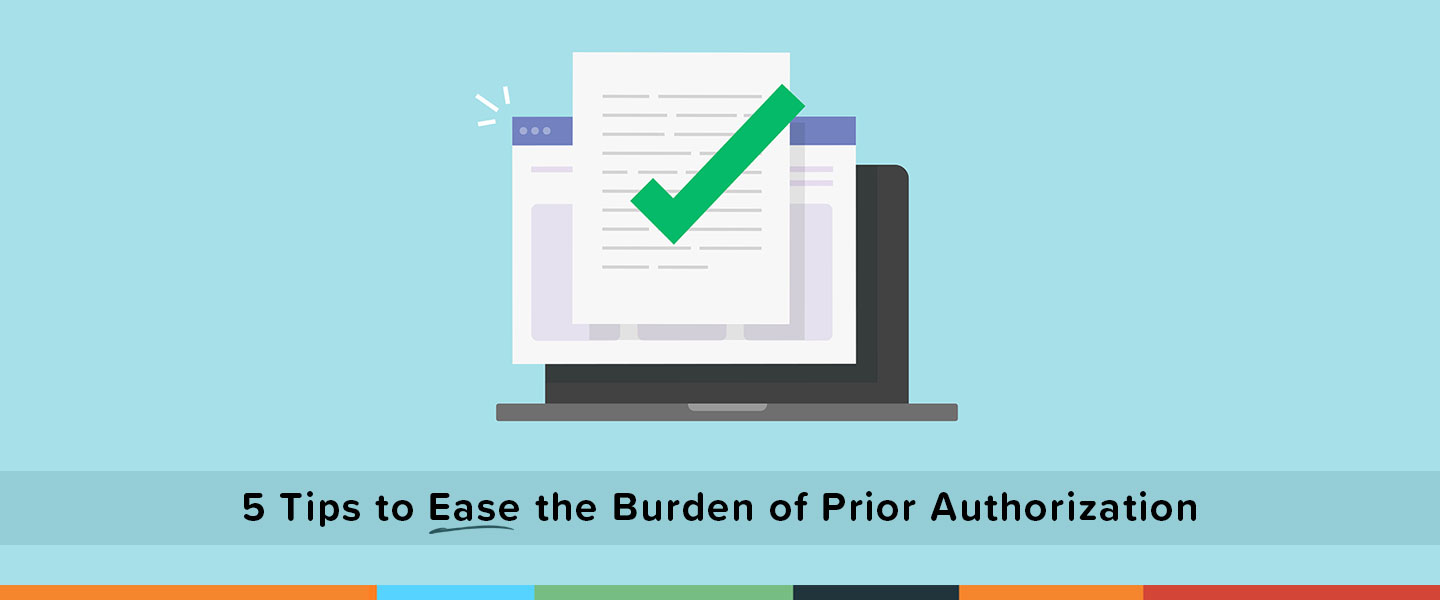We know handling prior authorizations can be a hassle, so we’ve done the hard work and laid out the steps for you. Our latest blog series explains how streamlining your prior authorization process can have a positive impact on your health plan.
Prior authorizations are important to ensuring that member care meets appropriate care standards, policies, and reimbursement requirements set forth by your health plan. With the healthcare landscape constantly changing, it can be difficult to keep up with policies and requirements used to make reimbursement decisions. When new laws are enacted or technology requirements are introduced, an organization that lacks streamlined communication will fall behind and find themselves in a costly situation. Understanding how to tackle the prior authorization process will help alleviate concerns and eliminate unnecessary costs for patients, providers, and payers.
All stakeholders are affected by prior authorizations, but patients can end up experiencing most of the impact when streamlined processes aren’t maintained. According to an AMA report, an alarming 94% of doctors report care delays while waiting for health insurers to authorize necessary care. Another 79% say patients abandon treatment due to authorization struggles with health insurers. Patients that are not receiving treatment may hurt their relationship with the provider, possibly worsen their current health condition, and lose the organizations involved a lot of money. 90% of physicians had also reported to AMA that requirements for prior authorizations negatively affected patient clinical outcomes. Patients should never have to suffer due to waiting delays or inadequate management of their prior authorization request. A few small changes can facilitate an efficient workflow.
A survey conducted by AMA reported that 88% of providers classify the burden of prior authorizations as high or extremely high. They feel overwhelmed by the building list of requirements they are expected to adhere to, feeling as though they have limited options. MGMA Stat reports that physicians believe the issue has become so difficult to manage that 34% have staff members work exclusively on prior authorizations. Money and energy are being lost on a problem to which there are solutions.
Electronic prior authorizations are key to creating enormous efficiency for payers and providers when done correctly.









